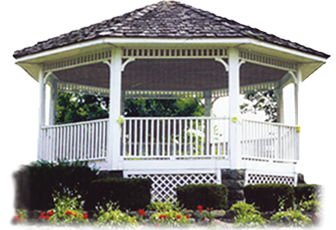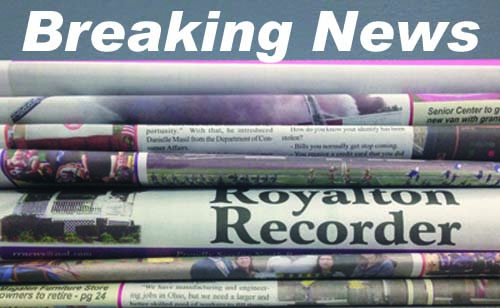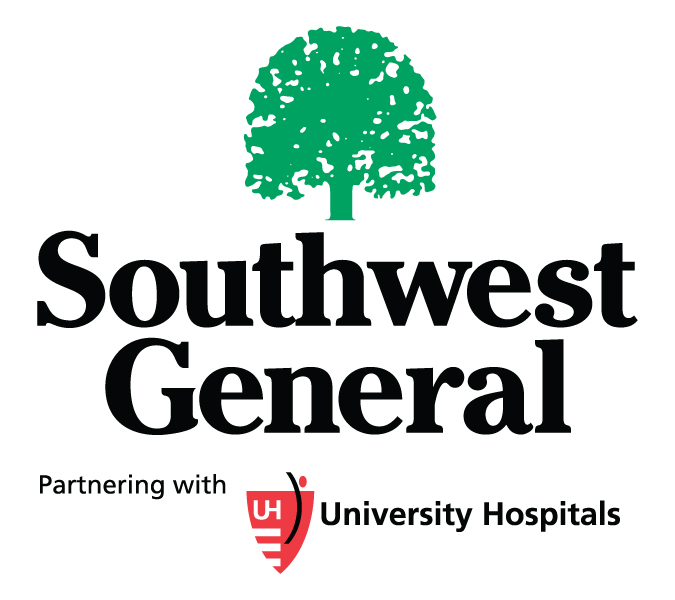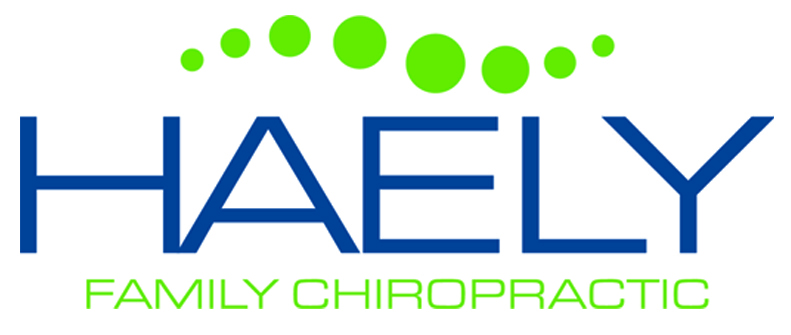Residents will see their final sewer bill from the City of North Royalton next week. Starting in August, residents will see a bill from the City of Cleveland, Division of Water, that will cover both the water and sewer bills. The city has been billing its residents since 2003, according to Mayor Bob Stefanik. The combined bill will be a monthly bill.
With the new program, residents will be getting a monthly bill from the City of Cleveland Water that will include the water fee and the sewer fee. The measure was discussed for more than a year, said Stefanik. With the water bills now coming monthly, it made sense financially to make the change. “It would cost us a lot to go monthly, plus we don’t have online bill payment option for the residents. Additionally, the summer sprinkling rates will go into effect automatically for all residents,” he said. The city will reap cost savings in that it had to pay the City of Cleveland Water for each meter read, plus the cost of the software was expensive, said Stefanik.
In addition to the combination water/sewer bill, the bill from the Northeast Regional Sewer District for stormwater fees, which is currently being billed monthly, will be billed quarterly. That change is expected later this summer.
The city is in the process of beginning its five-year rate study, as it has done in the past. The last study was done in 2012, with rates projected through the end of this year. Earlier this year, City Council authorized the Mayor to enter into an agreement with Raftelis Financial Consultants, Incorporated to formulate a new study, at a cost of $59,000.
Under the 2012 study, the North Royalton sanitary sewer rates, per MCF, were $67.67 for 2012, $73.41 in 2013, $75.30 in 2014, $78.32 in 2015, $81.45 in 2016 and $84.71 in 2017. The new five-year rate study is expected to be completed in the Fall, according to Stefanik. One thing he would like to see incorporated into this recommendation going forward is the removal of a mandatory 1 MCF. “This really hurts single people and those who go away for the winter,” he said.
The debt on the Wastewater Treatment plants drops off this year, which may affect the rates going forward, although Stefanik said that he does not know how that will affect the proposed rate. “We just spent millions of dollars on improvements to the plants. There is still going to be costs going forward. We plan and budget, knowing you have to maintain. Prevention and routine maintenance is of the utmost importance,” said Stefanik. The new rates from the recommendations of the rate study are expected to begin some time in 2018.
By GLORIA PLEVA KACIK
Contributing Writer














